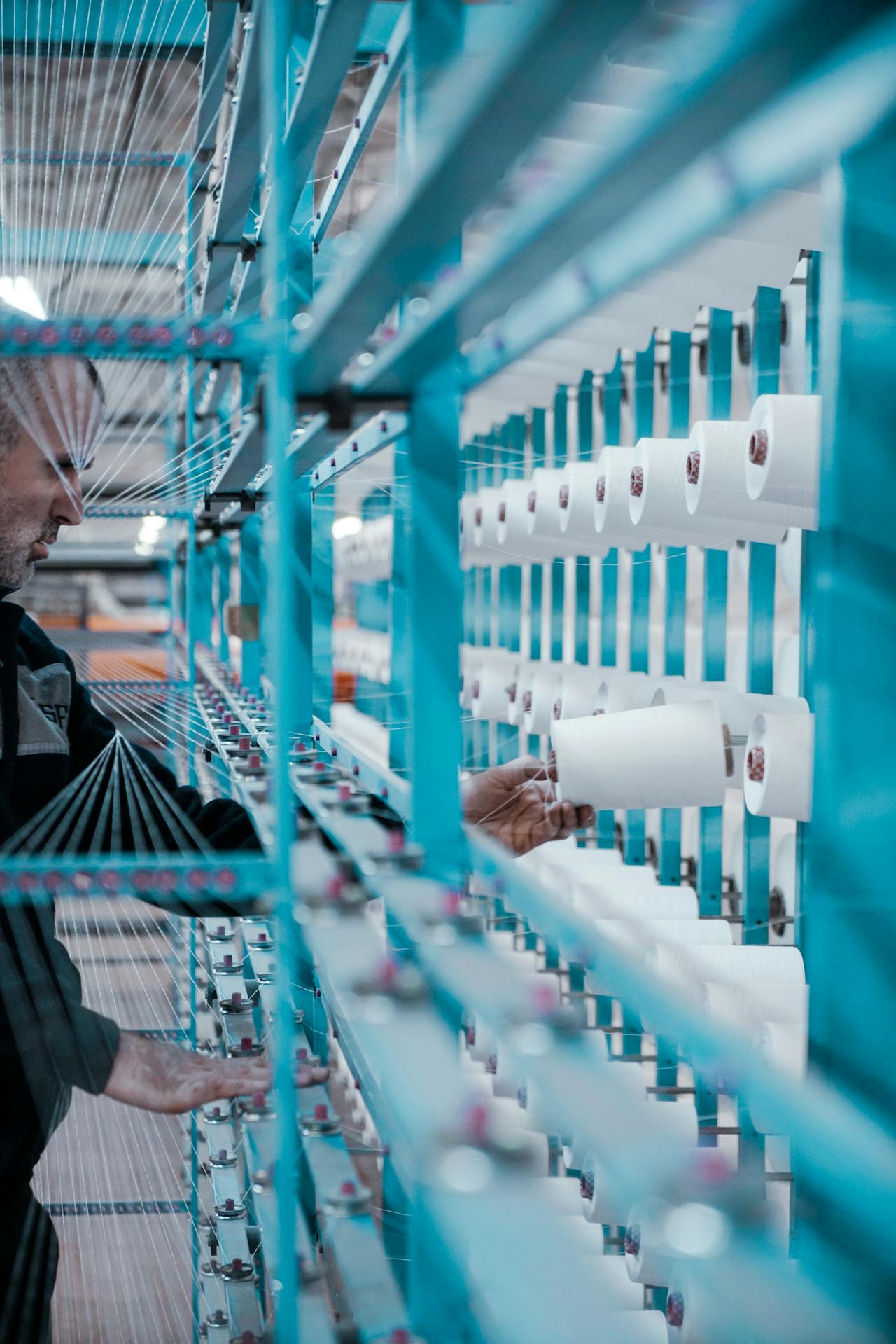Library
04 April 2025
Mapping Global EPR schemes for Textiles
Library
04 April 2025
Regulation and public governance
Textile
Apparel and clothing accessories
+1 more
Login / create an account to be able to react

A Global Fashion Agenda report published in February 2025 provides a holistic overview of existing and upcoming Extended Producers Responsibility (EPR) schemes. Both compulsory and voluntary EPR schemes are captured. The focus is on textiles and apparel. The EU’s role is showcased, alongside developments in countries such as Australia, Chile, selected US states and countries like China and Chile.
Global Fashion Agenda
Topics
Albania
Armenia
Austria
Belgium
Bosnia and Herzegovina
Bulgaria
Croatia
Cyprus
Czechia
Denmark
Estonia
EU-27
Finland
France
Georgia
Germany
Greece
Hungary
Iceland
Ireland
Italy
Kosovo
Latvia
Liechtenstein
Lithuania
Luxembourg
Malta
Moldova
Montenegro
Netherlands
North Macedonia
Norway
Poland
Portugal
Romania
Serbia
Slovakia
Slovenia
Spain
Sweden
Switzerland
Türkiye
Ukraine
Business Support Organisation
Company with 250 or more employees
Media / Journalist Organisations
SMEs (a company with less than 250 employees)
-
Transition Pathway's building blocks
-
-
Regulation and public governance
-
-
Industrial ecosystems
-
-
Textile
-
-
Textiles ecosystem areas
-
-
Apparel and clothing accessories
-
Waste management, reuse and repair
-
Share
The report outlines the global landscape of Extended Producers Responsibility (EPR) for textiles, highlighting existing and upcoming regulations in specific countries and states.
The European Union leads with mandatory EPR schemes in France, Sweden and the Netherlands, while Germany and Italy are set to introduce similar systems. The UK is developing its own framework, and the US sees fragmented state-level efforts, with California and New York drafting EPR laws. Canada has initiatives, notably in British Columbia and Quebec. Elsewhere, South Korea enforces textile EPR, while Japan and Australia explore voluntary schemes.
France remains the most advanced, requiring eco-modulation fees and stringent re-use targets. Sweden focuses on transparency, and the Netherlands integrates circular economy principles. In North America, California’s proposed law mirrors Europe’s model, while New York emphasises consumer education. In Asia, South Korea mandates recycling targets, and Japan promotes industry-led compliance.
The report signals an accelerating global shift towards EPR, with varying degrees of enforcement and ambition across regions.
Comments (0)
See also
-
14
Emotions and motivation: What drives people to repair their clothes?
- Categories
- Sustainable competitiveness Regulation and public governance Textile +9 more
-
60
Transition Pathway for a resilient, sustainable, and digital textiles ecosystem
- Categories
- Infrastructure Investments and funding R&I, techniques and technological solutions +28 more
-
13
Unlocking environmental gains through increased textile recycling
- Categories
- R&I, techniques and technological solutions Social dimension Sustainable competitiveness +13 more




